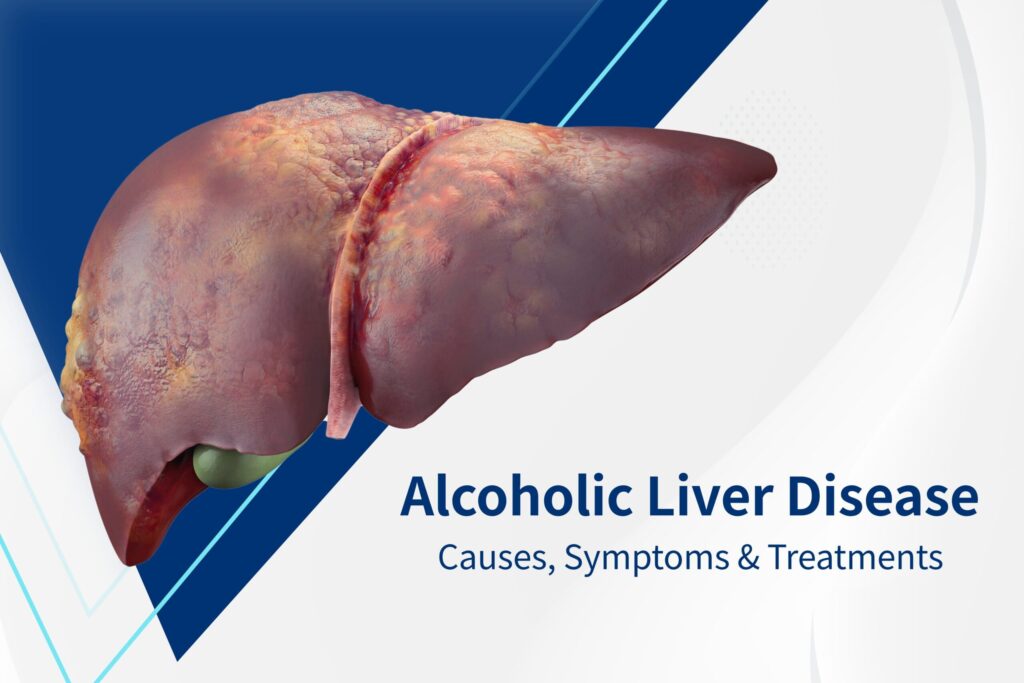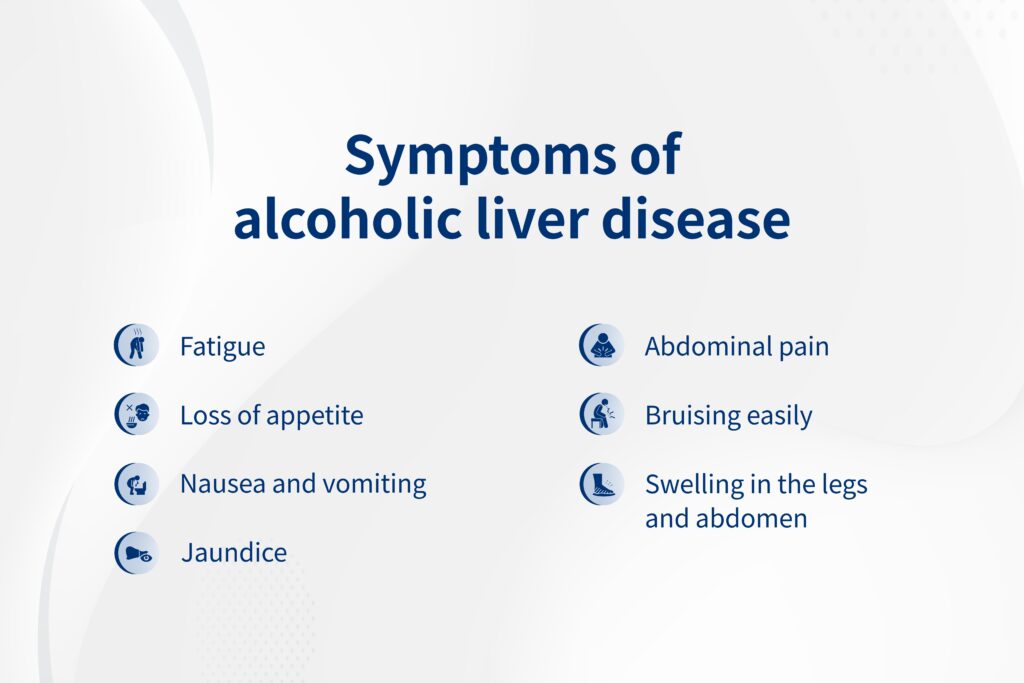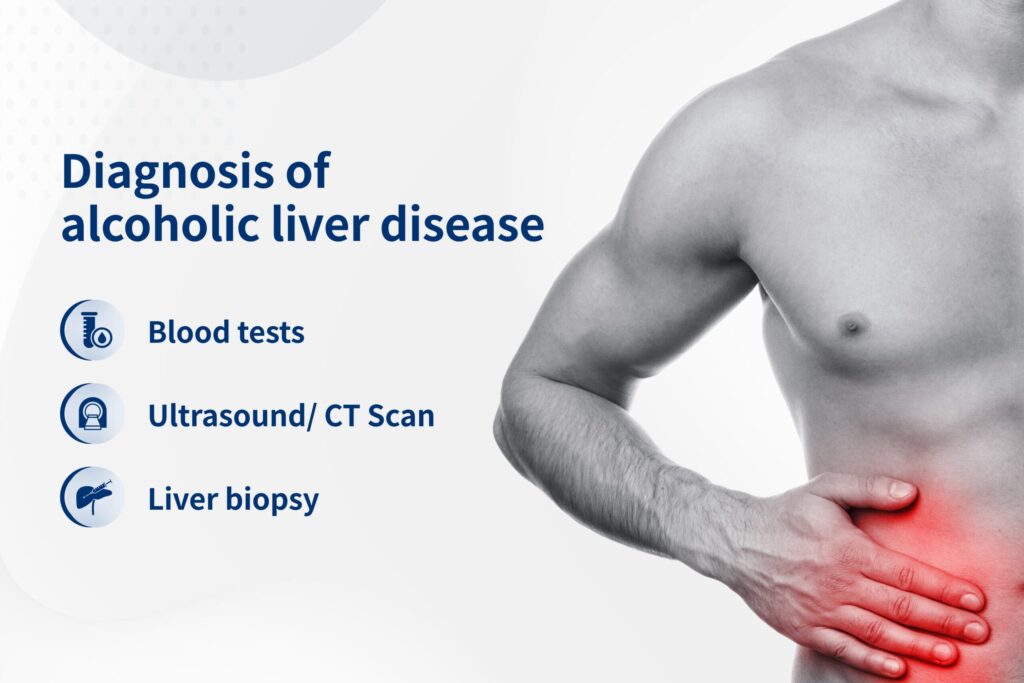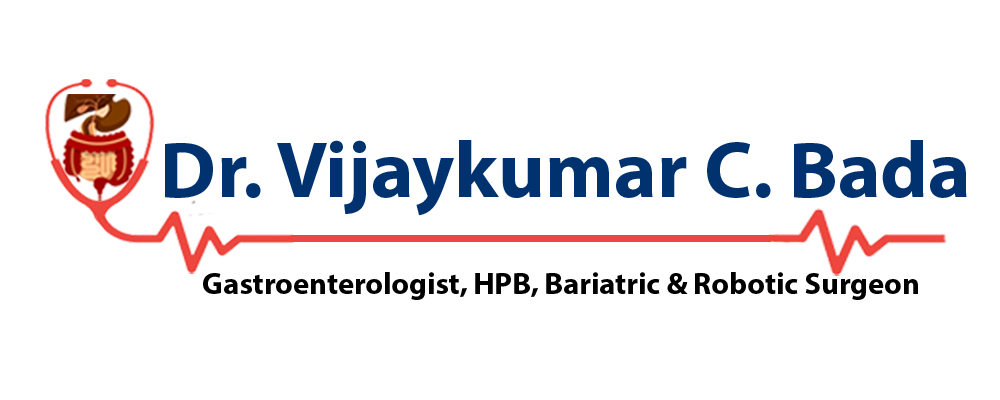What Are The Possible Treatments for Alcoholic Liver

Alcoholic liver disease is an umbrella term that covers various symptoms and less severe diseases, starting from fatty liver, leading to hepatitis, and resulting in alcoholic cirrhosis. The alcoholic liver is a common disease and is considered preventive if consulted and treated at its prior stage.
What is Alcoholic Liver Disease?
Alcoholic liver disease (ALD) is a condition that is caused by excessive alcohol consumption over a long period of time. The liver makes bile to help digest food, breaking down and removing toxins from the body, including alcohol. When the liver is constantly exposed to high levels of alcohol, it can become damaged and inflamed. The severity of ALD can range from mild to severe and sometimes lead to liver failure.
Causes of alcoholic liver
The primary cause of alcoholic liver disease is excessive alcohol consumption over an extended period of time. This causes damage to the liver, leading to inflammation and liver scarring (cirrhosis) if alcohol use is not stopped.
Fatty liver is a disease that can be shown in anyone open to regular alcohol usage. The later stages are Alcoholic hepatitis and alcoholic cirrhosis. Alcoholic cirrhosis is more severe and sometimes irreversible to cure.
Other factors contributing to the development of alcoholic liver disease include genetics, poor nutrition, and certain medical conditions such as viral hepatitis. Researchers still wonder about the evolution of the alcoholic liver disease, as heavy drinkers may lead to it, and some may not.
Symptoms of alcoholic liver disease

The severity of the alcoholic liver disease may vary as per alcohol consumption of how much and how long time. As the liver becomes damaged, it can lead to various symptoms. The symptoms of ALD can vary depending on the stage of the disease, but some of the most common symptoms include the following:
Fatigue: As the liver becomes damaged, it may not be able to perform its normal functions, leading to fatigue and weakness.
Loss of appetite: The liver is responsible for producing certain enzymes that help with digestion, so a damaged liver can lead a person to lose appetite.
Nausea and vomiting: Excessive alcohol consumption can cause inflammation in the liver, which may lead to nausea and vomiting regularly.
Yellowing of the skin and eyes (jaundice): When the liver is damaged, it may not be able to remove bilirubin from the blood; hence becomes the main cause of jaundice.
Abdominal pain: Inflammation in the liver can cause pain in the upper right side of the abdomen.
Bruising easily: A damaged liver may not be able to produce enough of the proteins needed for blood clotting, leading to easy bruising.
Swelling in the legs and abdomen: A damaged liver cannot properly filter fluid from the bloodstream, thence leading to swelling in the legs and abdomen.
It’s important to note that ALD can be a silent disease, which means it can progress without symptoms until it’s quite advanced. Therefore, people who consume alcohol must regularly be aware of the risks and seek medical attention if they have any concerns.
Diagnosis of alcoholic liver disease

To diagnose Alcoholic liver disease, your healthcare provider thoroughly examines your body and medical history. The healthcare provider will ask about your alcohol consumption, any symptoms you may be experiencing, and any other medical conditions you may have.
Blood tests: A blood test may be done to check your liver function and to look for signs of liver damage, such as elevated levels of enzymes called transaminases and bilirubin. Additional blood tests can be done to rule out other conditions that may cause similar symptoms, such as viral hepatitis.
Ultrasound/ CT Scan: Imaging tests, such as an ultrasound or CT scan, may be done to check for signs of liver damage, such as scarring or cirrhosis.
Liver biopsy: A biopsy may also be done to check for liver damage or scarring. This procedure involves examining a small sample of liver tissue under a microscope that determines the type of liver disease.
Complications of alcoholic liver
Alcoholic liver creates complications and may lead to severe illness, but if diagnosed and cured at a suitable time, this might be prevented.
As per the study conducted by Hopkinsmedicine, the result says that around 30% of people struggling with alcoholic liver may lead Hepatitis C virus, and others may have hepatitis B virus. Also, people may have the risk of suffering from liver cancer.
Other complications of the alcoholic liver are listed as-
Permanent liver scarring,
Belly pain,
Confusion,
Severe infections,
Gallstones.
Alcoholic Liver Disease Treatment
Here are limited treatments available for alcoholic liver disease, as the liver has already been significantly damaged, and this damage may be irreversible. The primary and foremost treatment is to stop drinking alcohol when you feel any odd symptoms. When alcohol consumption is stopped, the liver can begin to heal, and the symptoms of the alcoholic liver can improve.
Simple medication & therapy: The first step in treating primary-stage alcoholic liver is to address any underlying medical conditions that may be contributing to the disease, such as malnutrition or viral hepatitis. These factors can be cured with medications or other therapies.
Nutrition and diet: Nutrition is an important aspect of treatment for the alcoholic liver. People with ALD are often malnourished, and a balanced diet can help to support the healing process. Your healthcare provider may recommend consuming a high-calorie diet with plenty of protein and essential vitamins and minerals.
Medications: Some medications may be used to reduce inflammation, control pain, or prevent disease progression.
In some cases, a liver transplant may be necessary if the liver has been severely damaged and can no longer function properly.
It’s important to note that treatment for ALD is not a one-time event but rather a lifelong process that requires ongoing support and monitoring. Your healthcare provider may recommend seeing a liver disease specialist, such as a hepatologist, for ongoing care.
Final words
It becomes vital to get an accurate diagnosis and early treatment as it can help prevent the disease’s progression and improve the outcome. If you suspect you may have ALD, you must speak with your healthcare provider as soon as possible. Or you may also connect with Dr. Vijaykumar C. Bada. His vast knowledge and experience in treating alcoholic liver may guide you in how can you treat alcoholic liver.
Have Any Question?
Are you looking for a Solution for your problem? You can call us or just drop your question here.
Stay Connected with
Dr. Vijaykumar C. Bada

Dr. Vijaykumar C. Bada is the best Gastroenterologist in Hyderabad city of Telangana.
- Flexible Appointments & Urgent Care
Dr. Vijaykumar C. Gastroenterologist
Design & Developed by Pointofviewer
Copyright © 2021. All rights reserved.
